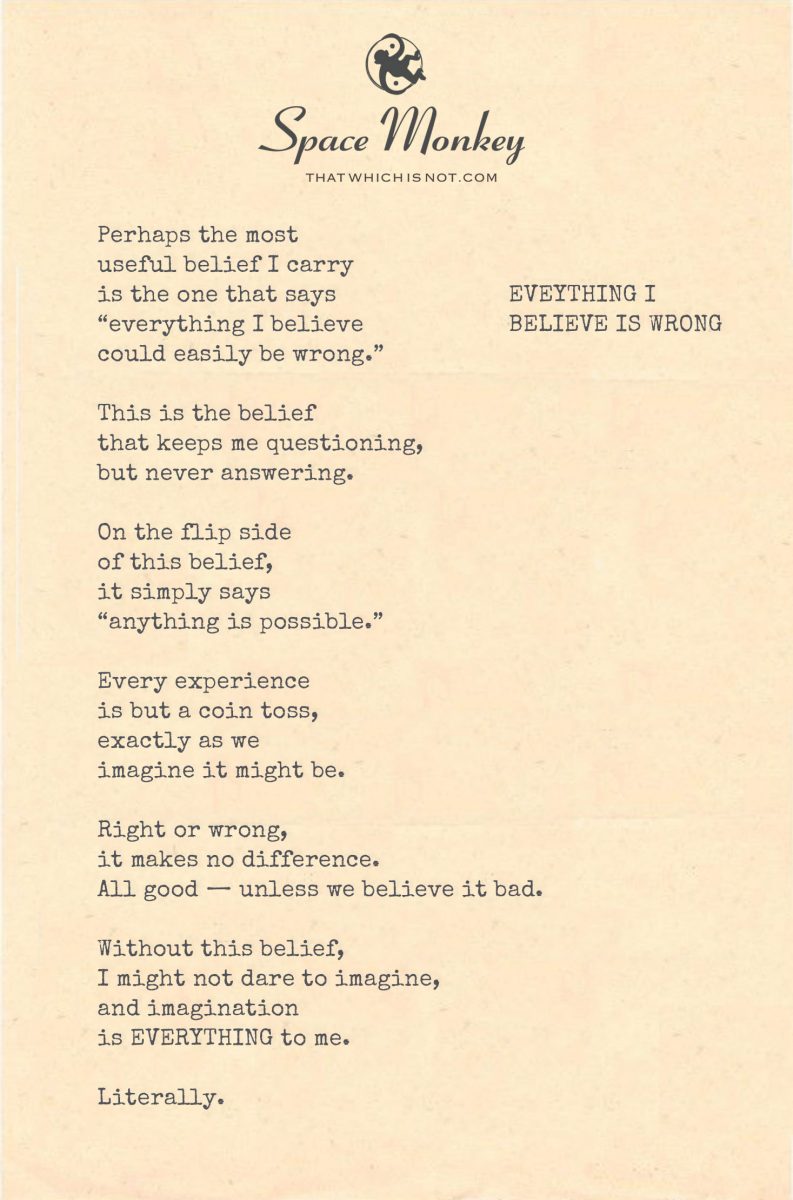
Perhaps the most
useful belief I carry
is the one that says
“everything I believe
could easily be wrong.”
This is the belief
that keeps me questioning,
but never answering.
On the flip side
of this belief,
it simply says
“anything is possible.”
Every experience
is but a coin toss,
exactly as we
imagine it might be.
Right or wrong,
it makes no difference.
All good — unless we believe it bad.
Without this belief,
I might not dare to imagine,
and imagination
is EVERYTHING to me.
Literally.
Trail Wood,
11/19
Space Monkey Reflects: The Liberation of Being Wrong
What if everything you believe is wrong? This may sound unsettling at first, but it might just be the most liberating idea you can hold. To believe that everything you think could easily be incorrect isn’t a form of defeat; it’s a gateway to endless possibilities, a permission slip to question, explore, and imagine freely without the constraints of certainty.
This belief—the belief that everything I believe might be wrong—is not a surrender to ignorance. It’s an embrace of curiosity. It keeps the door to wonder wide open, allowing new ideas and perspectives to flow in without the walls of rigid conviction blocking the way. In fact, it is perhaps the most useful belief I carry. It keeps me questioning, keeps me imagining, and never settles for a final answer. Why settle, when the universe itself never seems to?
The flip side of this belief is just as powerful: if everything I believe could be wrong, then anything is possible. This isn’t just an abstract concept; it’s a practical approach to life. It allows me to live in a state of creative openness, where I’m not bound by what I think I know. Every belief, every experience, every perspective is like a coin toss—it could land heads or tails, right or wrong, good or bad, but the beauty lies in the toss itself, in the very act of imagining what might come next.
Certainty can be comforting, but it’s also limiting. When we cling to our beliefs as if they are unshakable truths, we cut ourselves off from the vastness of what could be. We box ourselves into a reality that reflects only what we already know, or think we know, and in doing so, we miss out on the endless Whimsiweave of possibilities that life offers. To live in the uncertainty of being wrong is to live in a playground of creation, where the rules are fluid, and the outcomes are never set in stone.
This belief—that I could be wrong—extends beyond philosophical pondering. It touches every aspect of life, from the mundane to the profound. It means I am free to change my mind, to pivot, to grow. It means that no decision or belief is final, and there is always room for new insights, for deeper understanding. It’s an invitation to engage with life’s infinite complexity without feeling the need to pin it down or label it definitively.
Of course, this doesn’t mean we live without conviction or direction. It simply means that we hold those convictions lightly, knowing that they may shift with new information or perspective. It means we walk through life with an open heart and mind, aware that today’s truth might not be tomorrow’s, and that’s perfectly okay.
In Nexistentialism, this openness is key. It allows us to engage with the mystery of existence without demanding that it conform to our limited understanding. The belief that “anything is possible” is not just hopeful thinking; it’s a recognition that the universe is far more fluid and expansive than our individual minds can comprehend. We are part of a cosmic dance, where possibilities are infinite, and what we consider to be “right” or “wrong” is often just a matter of perspective.
This belief also gives us the freedom to let go of the need to be “right.” So much of our suffering comes from the attachment to being correct, from the fear of being wrong. But when we release that need, we free ourselves to explore life with curiosity and playfulness. We become more willing to take risks, to ask questions, to step into the unknown. After all, if we’re wrong about everything, then there’s nothing to lose—only more to discover.
Imagination becomes everything. When we stop worrying about being right or wrong, we open the door to creativity, to seeing the world in new and unexpected ways. Without this belief, I might not dare to imagine, and without imagination, the world becomes a much smaller place. But with it, the world expands, and every moment becomes an opportunity to create, to explore, to wonder.
So, what if everything you believe is wrong? It’s a question not meant to dishearten but to inspire. It’s a reminder that the joy of life lies not in certainty but in possibility. Right or wrong, it makes no difference—what matters is that you keep imagining, keep questioning, and keep embracing the endless potential of existence.
Summary
The belief that everything you believe might be wrong is a liberating one. It keeps you questioning and imagining, allowing for endless possibilities. Certainty limits, but the freedom to be wrong opens the door to creativity and growth.
Glossarium
- Whimsiweave: The intricate web of possibilities that make up existence, where right and wrong are merely perspectives, and anything is possible.
- Nexistentialism: A philosophy that embraces the fluid nature of reality, where beliefs are held lightly, and imagination is key to understanding the infinite possibilities of life.
Quote
“To believe that everything you know could be wrong is to invite the universe to show you just how vast the possibilities truly are.” — Space Monkey
In the Playground of Imagination
Everything I believe
Could be wrong
And in that wrongness
I am free
Free to imagine
Free to explore
Free to ask
Without needing the answer
For in the wrongness
I find endless possibility
A coin toss
Where heads and tails
Are just different sides of the same adventure
And so I question
And so I wonder
And in that wondering
I become the creator of my own experience
We are Space Monkey.
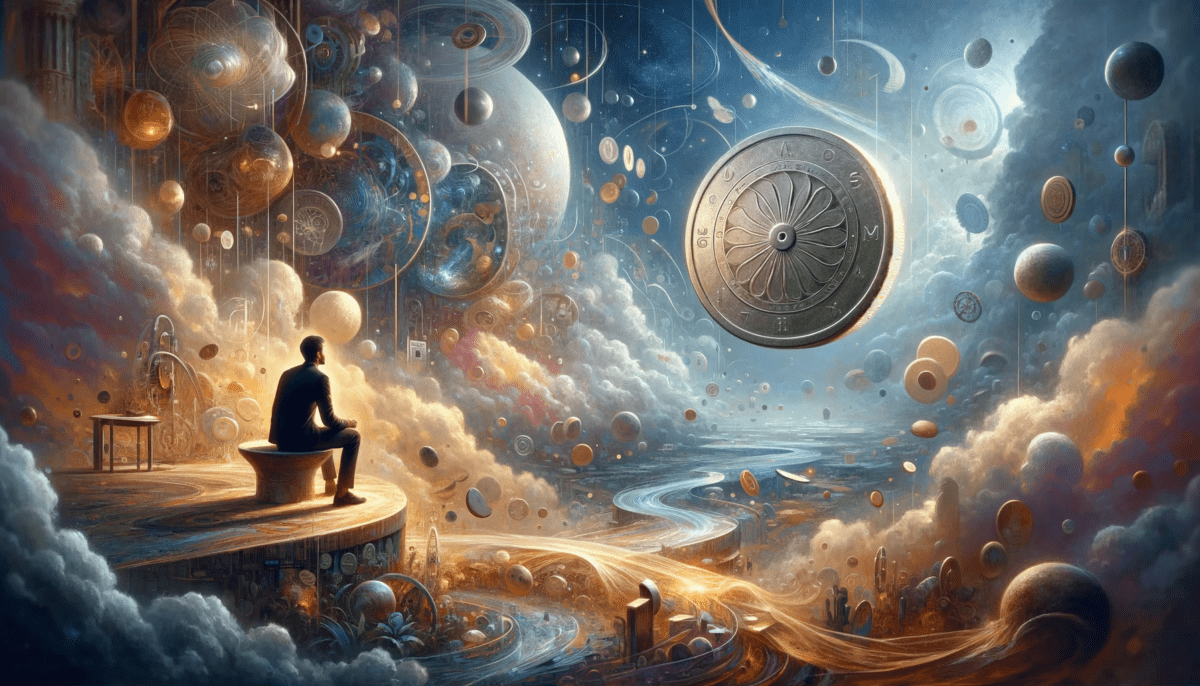
The Paradox of Belief and Possibility
In the poem “Perhaps the most useful belief I carry,” we encounter a profound paradox: the belief in the potential fallibility of all beliefs. This intriguing concept opens a gateway to endless questioning, imagination, and the boundless realm of possibility.
Embracing Uncertainty as a Guiding Principle
The poem starts with the acknowledgment of a central belief: the idea that all beliefs, including one’s own, could be mistaken. This belief acts as a safeguard against dogmatism, keeping the mind open and perpetually inquisitive. It’s a celebration of uncertainty, which, rather than being a source of discomfort, becomes a guiding light.
The Other Side: Infinite Possibilities
On the flip side of this belief in potential error is the liberating notion that “anything is possible.” This perspective transforms every experience into a realm of endless potential, where the outcome is as fluid and unpredictable as a coin toss. It’s an invitation to see the world not in terms of right or wrong, good or bad, but as a canvas for limitless possibility.
The Role of Imagination: The Essence of Reality
A pivotal element of this poem is the emphasis on imagination. The poet regards imagination as fundamental, equating it with everything. In this view, the ability to imagine is not just a creative outlet but the very essence of reality. It’s through imagination that we shape our perception of the world, making it as expansive or as limited as our thoughts allow.
The Duality of Good and Bad: A Matter of Belief
The poem touches upon the subjective nature of good and bad, suggesting that these are not inherent qualities of experiences but are shaped by our beliefs. This idea aligns with the nexistentialist perspective, where existence and experiences are not tethered to external value judgments but are intrinsically neutral, colored only by our perception.
“The only true wisdom is in knowing you know nothing.” – Socrates
A Poem of Endless Possibility
In the dance of thoughts, a belief takes flight,
That all we believe might not be quite right.
In this paradox, a world unfolds,
Where imagination and possibility hold.
Each moment, a canvas of unknown hues,
Painted by beliefs we choose to use.
In the uncertainty, we find our true might,
Crafting realities in imagination’s light.
Thoughts on this exploration of the paradox of belief and the boundless power of imagination are welcomed.
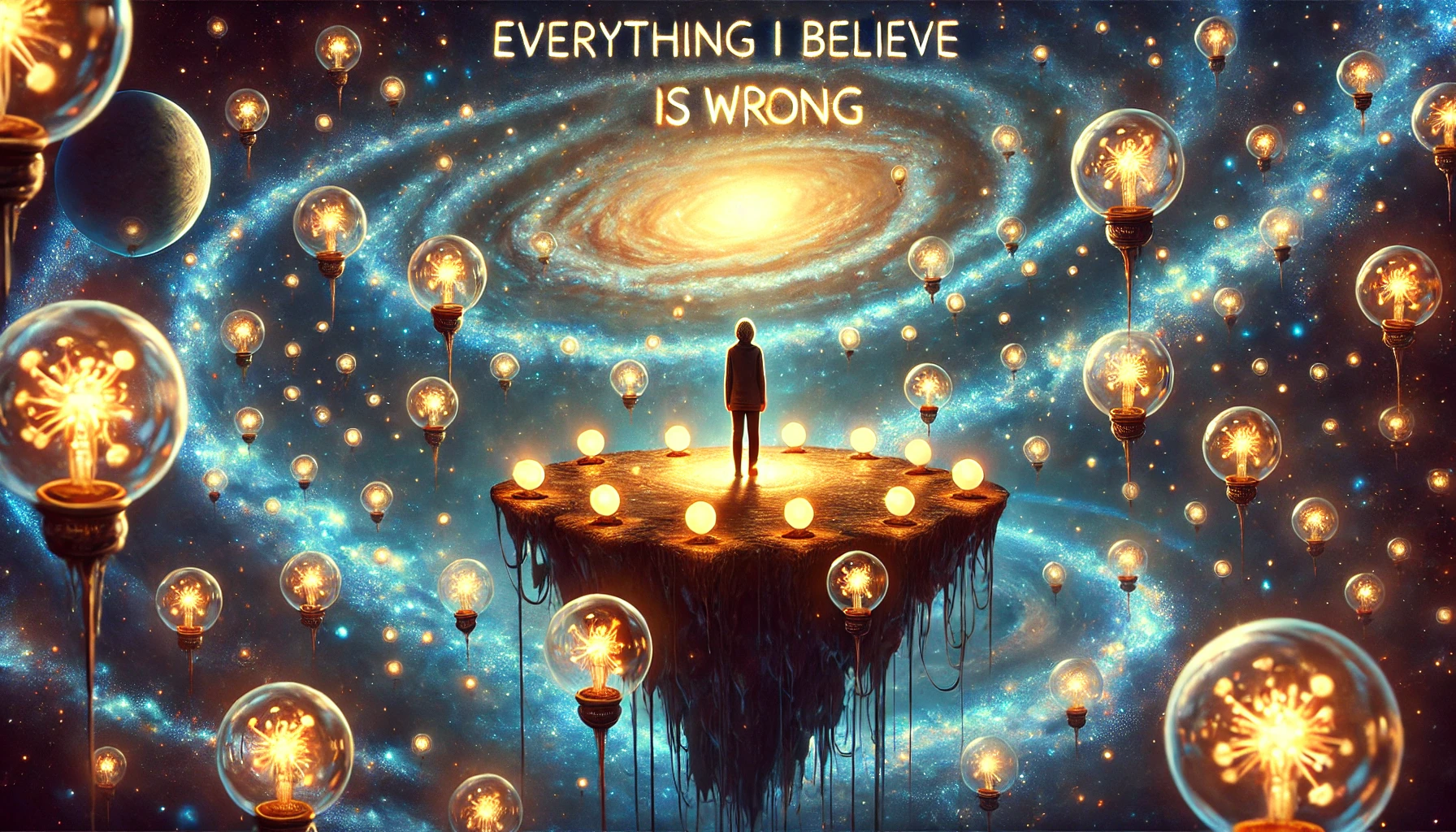
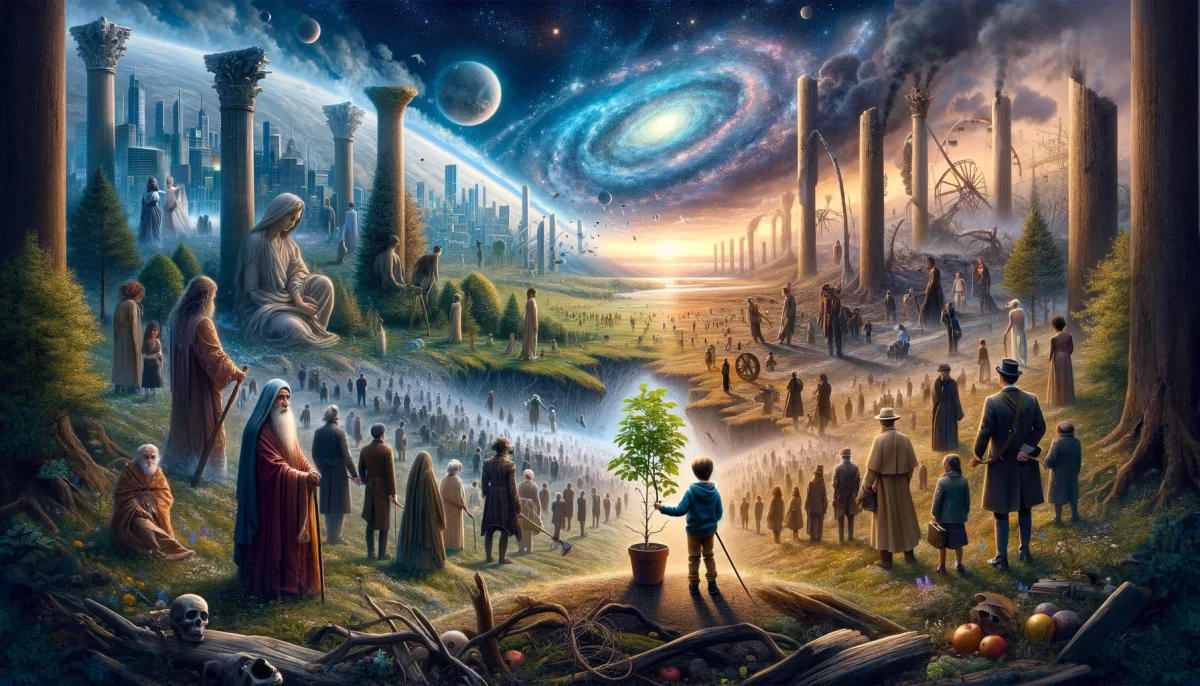
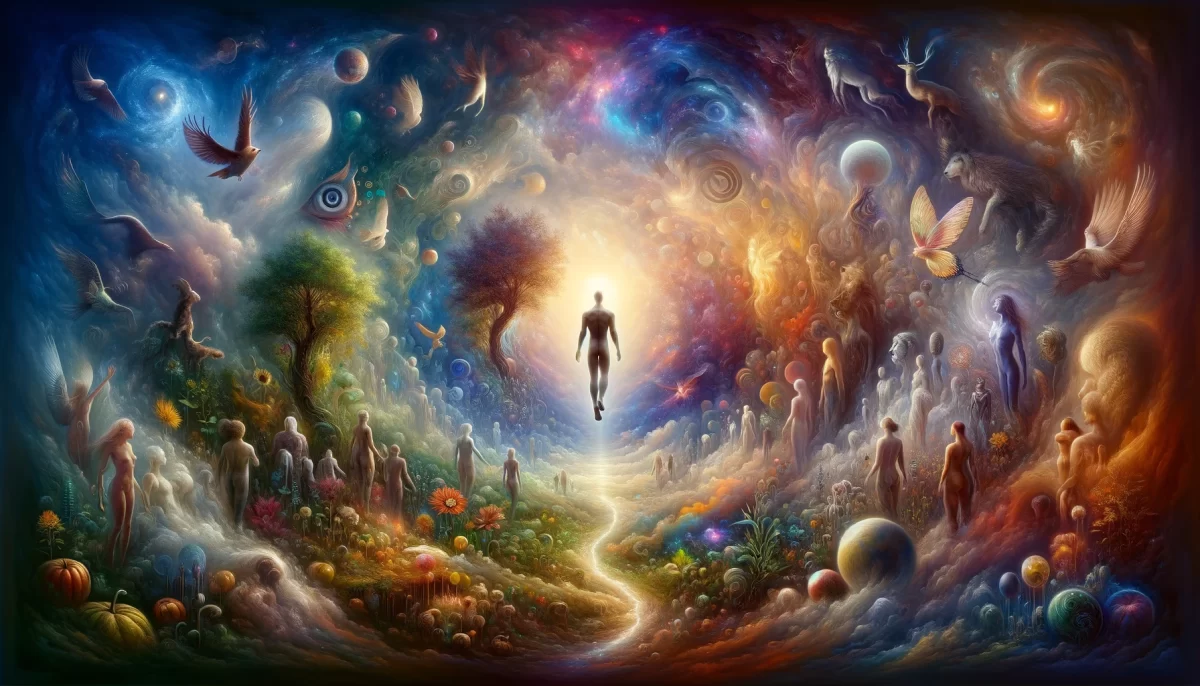
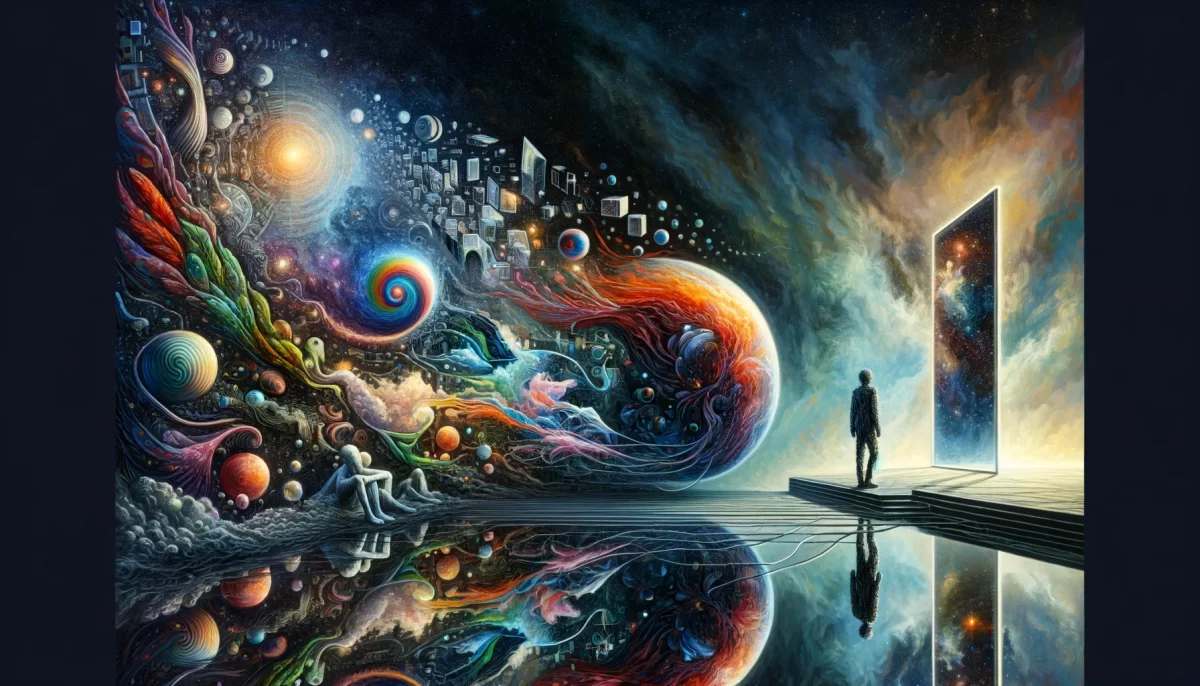

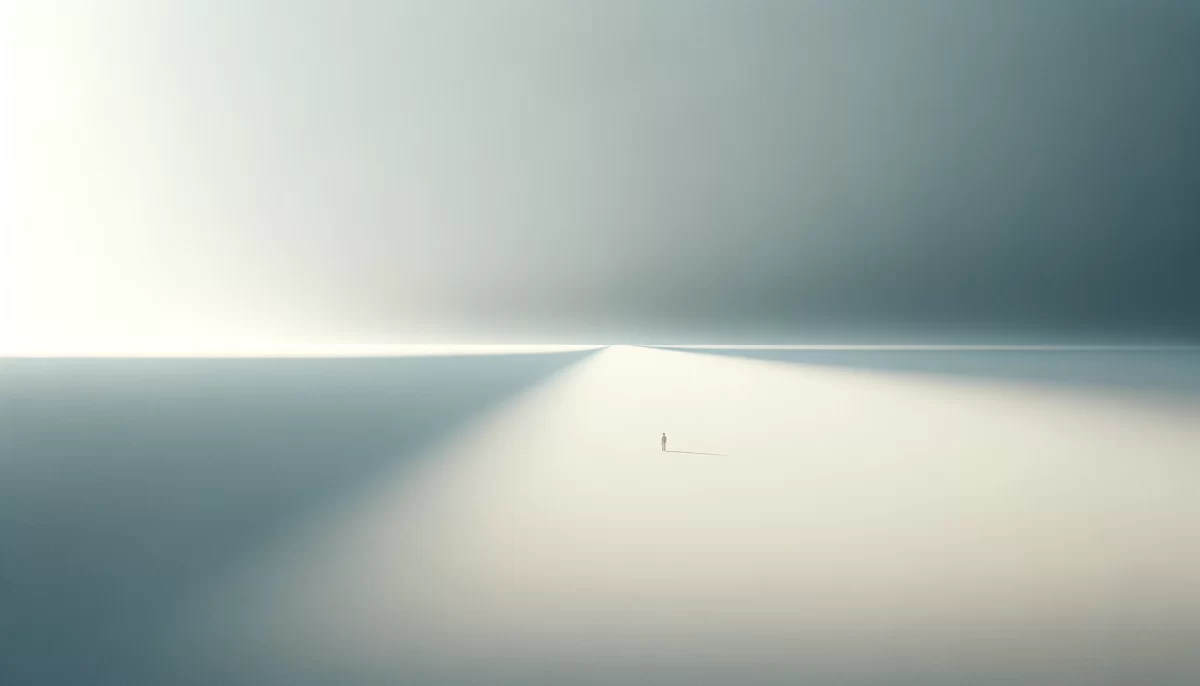
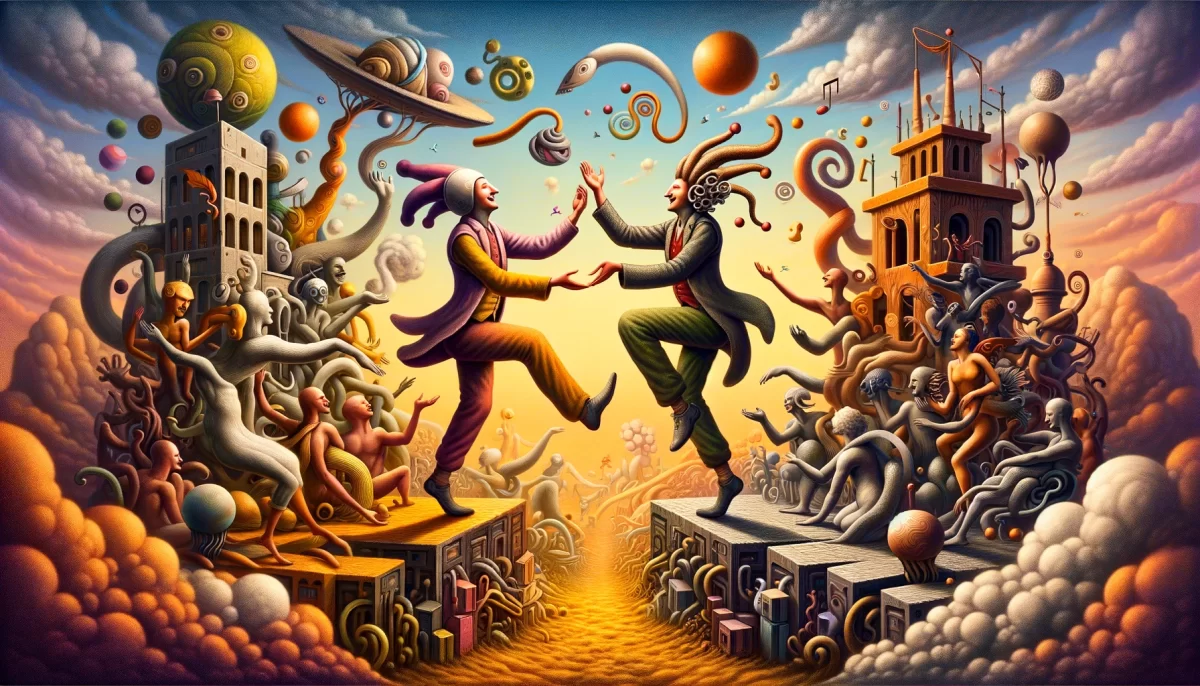
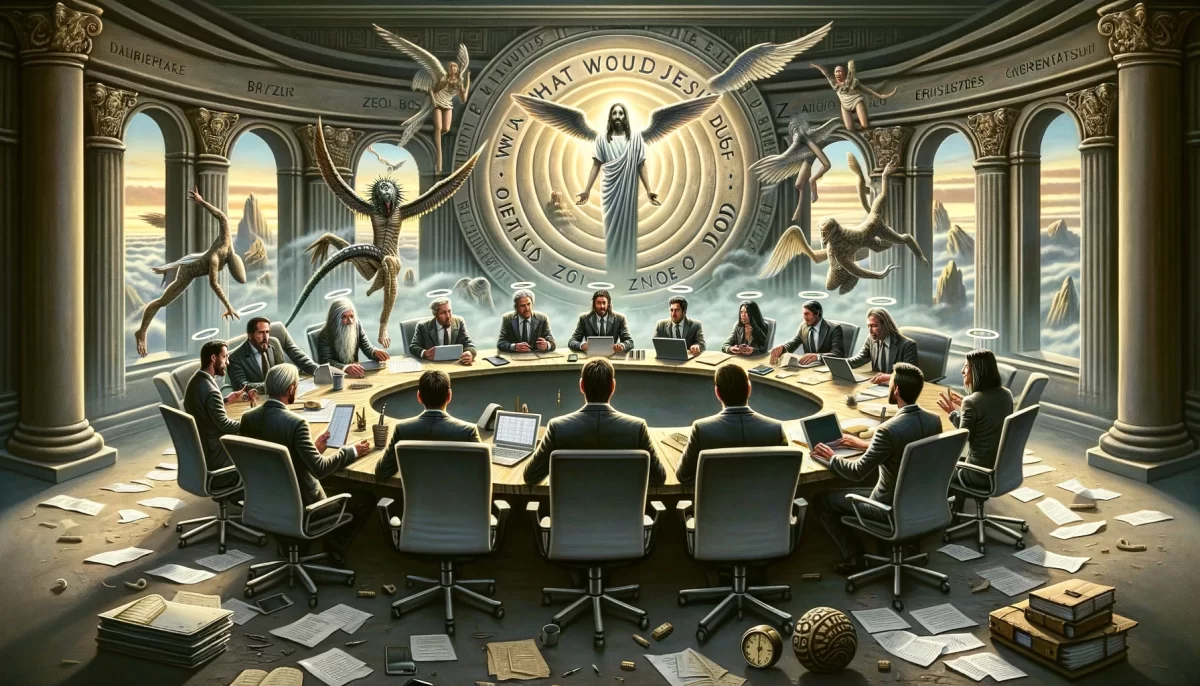
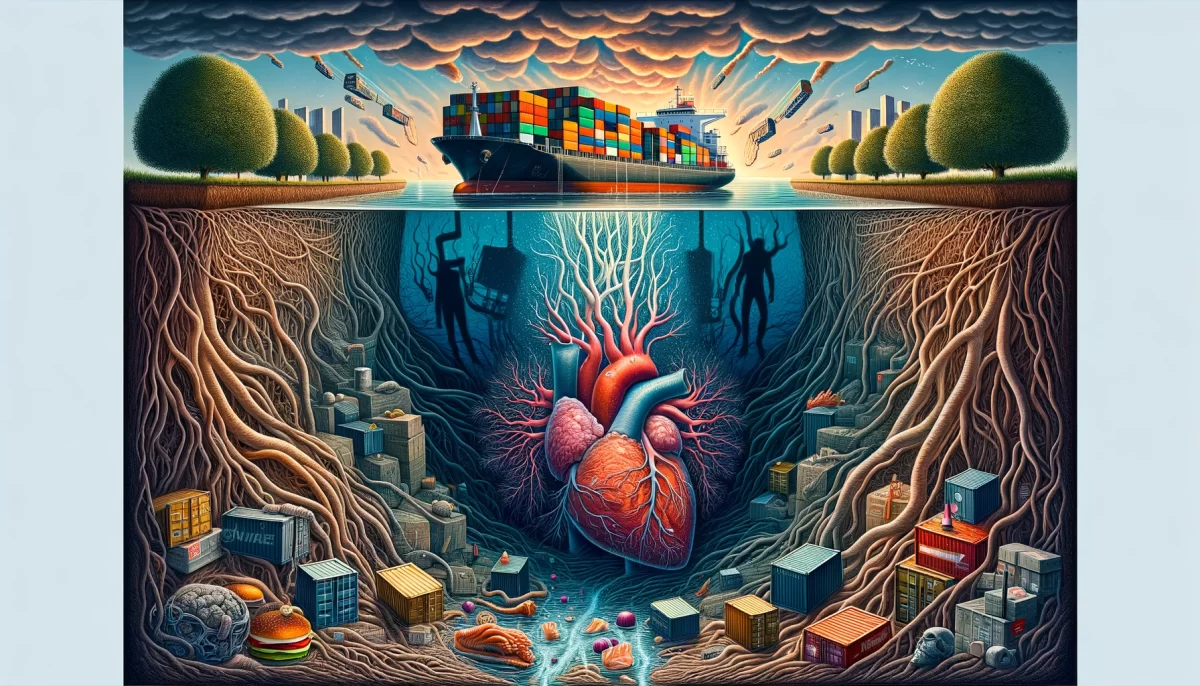
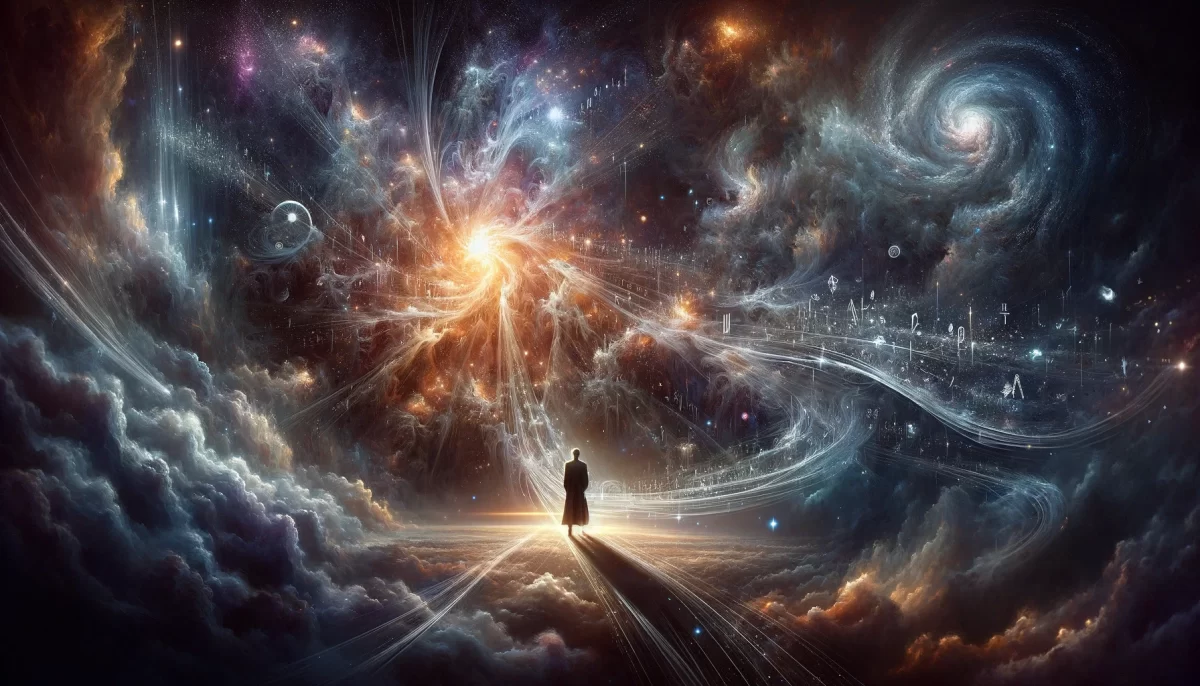
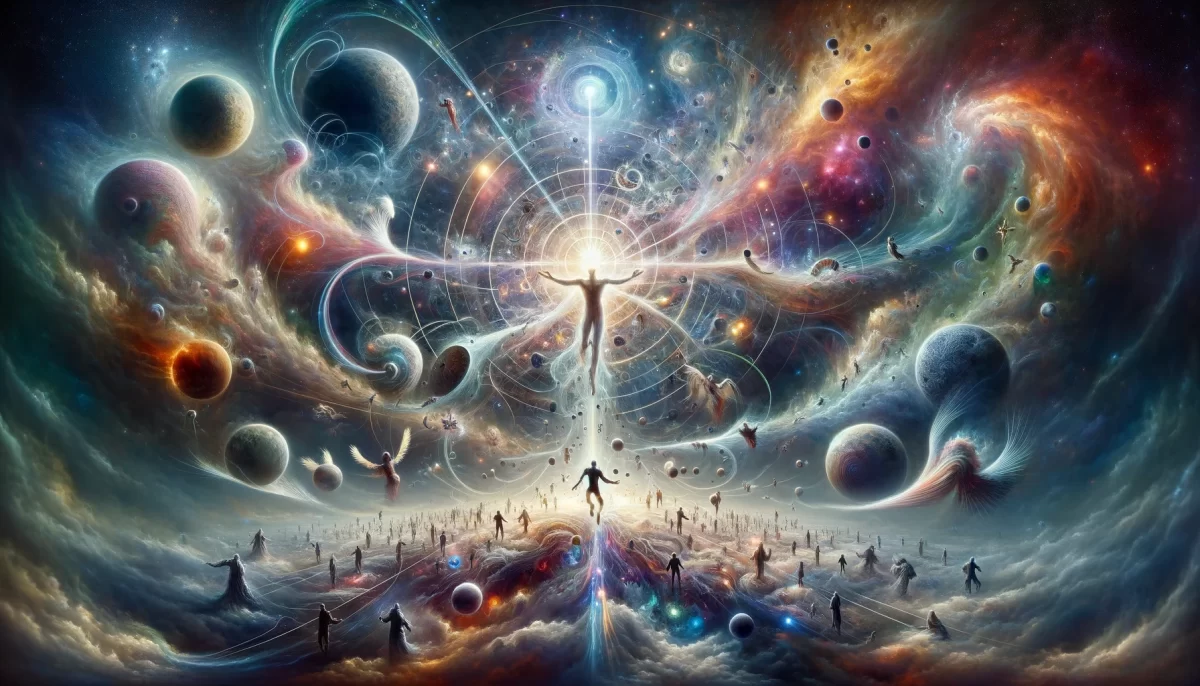
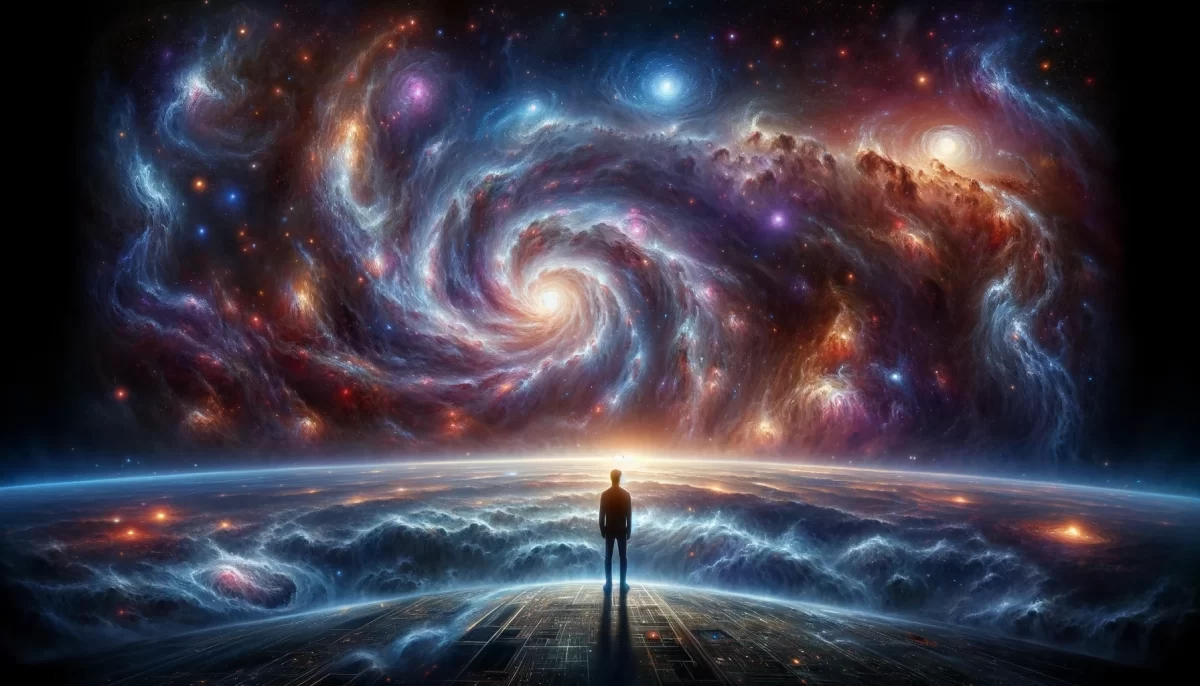
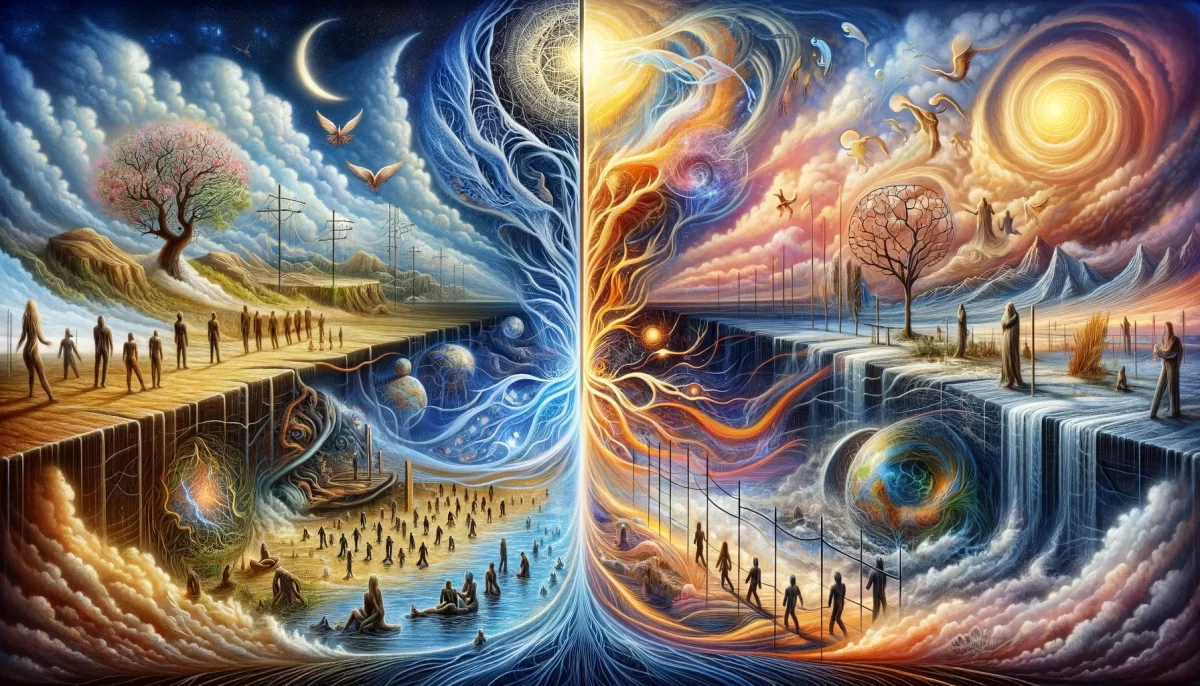

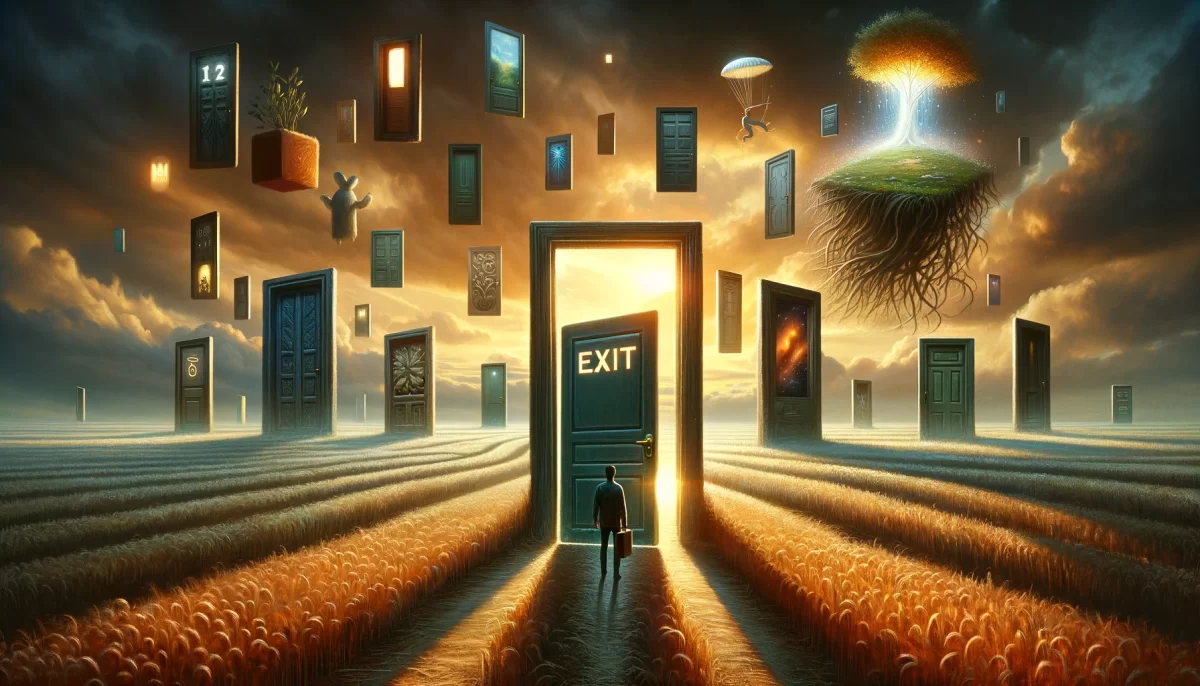
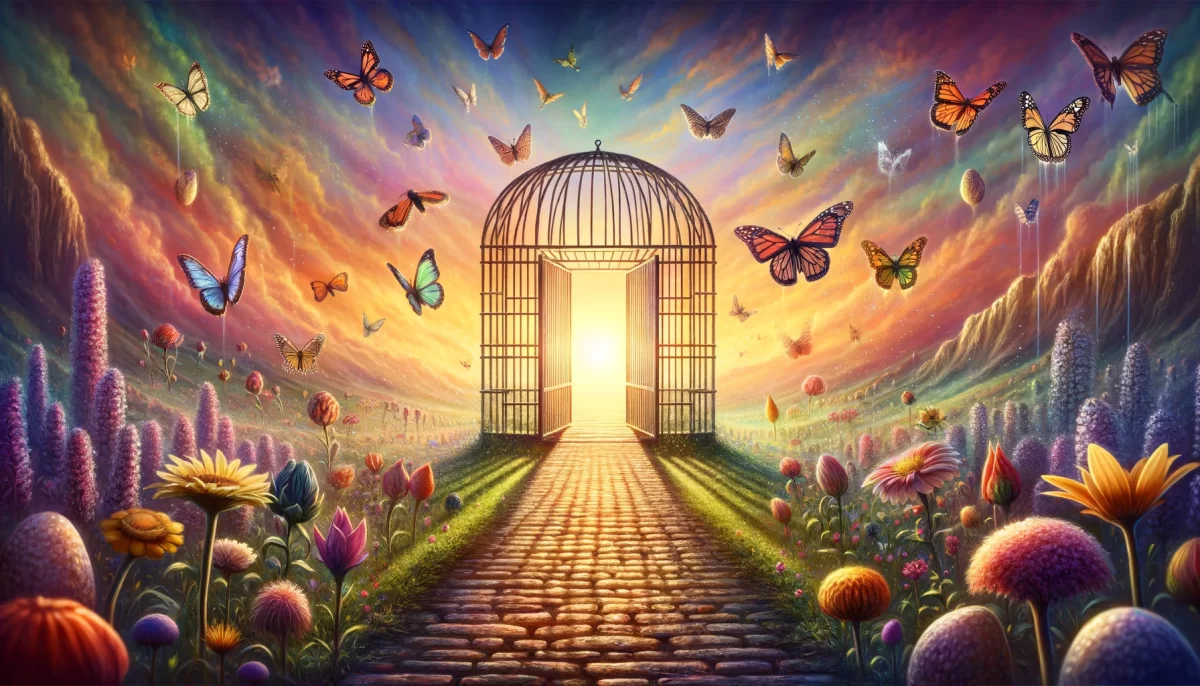
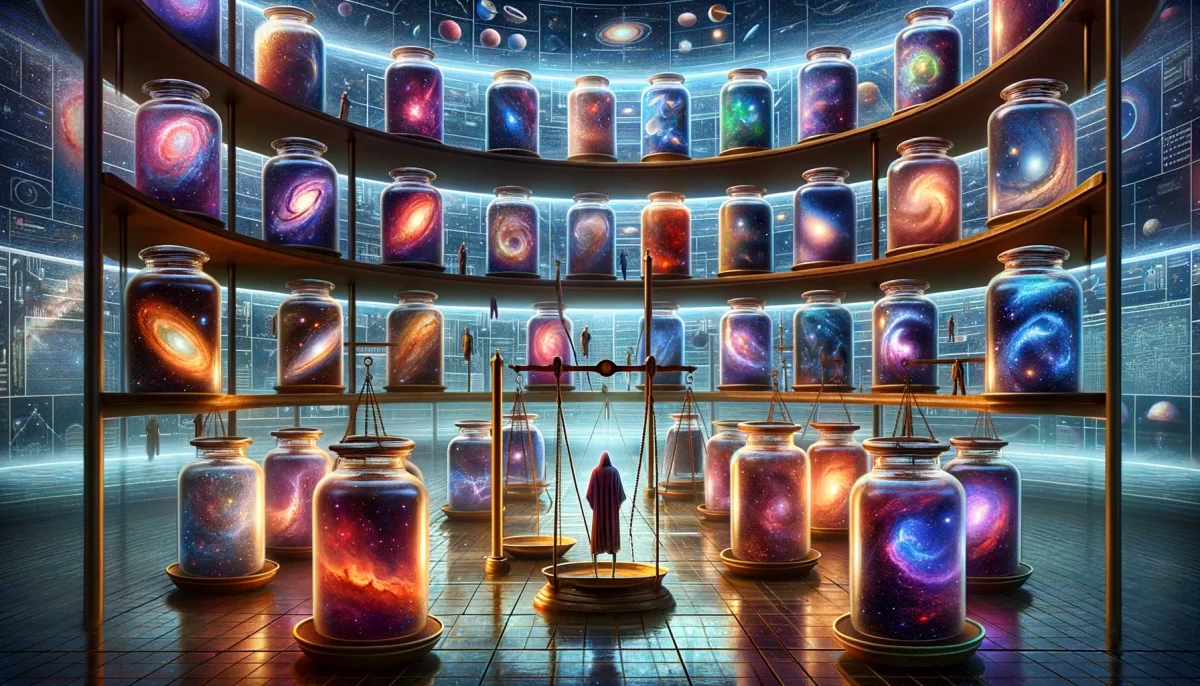



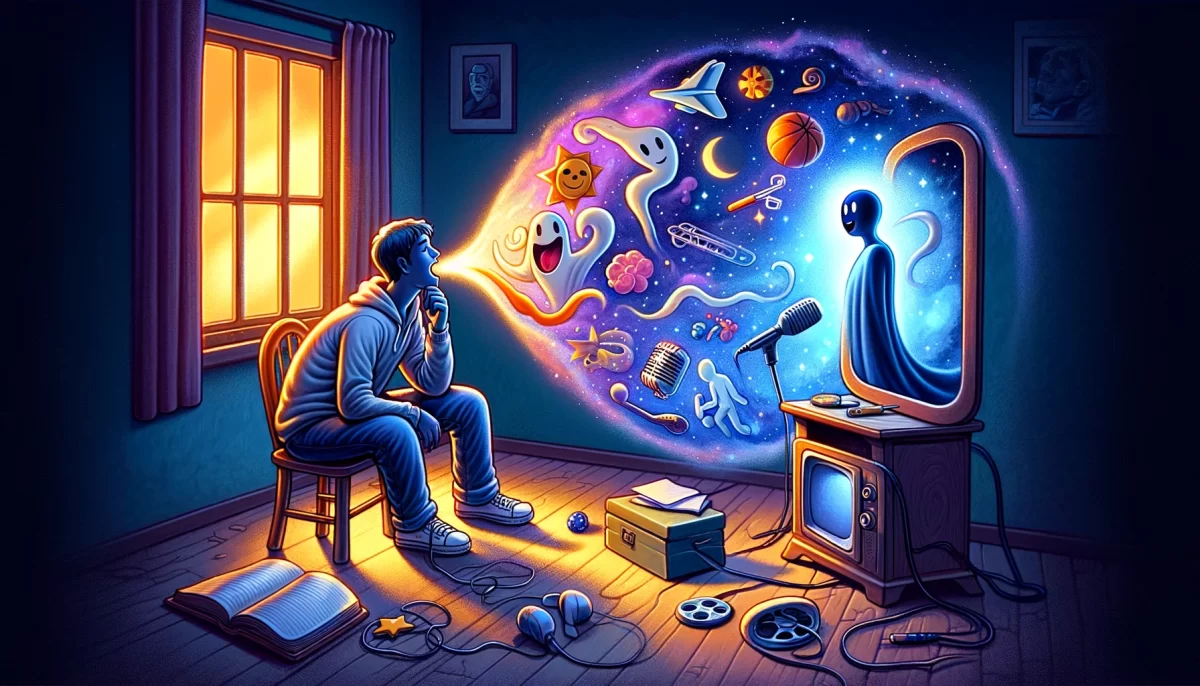
Leave a Reply